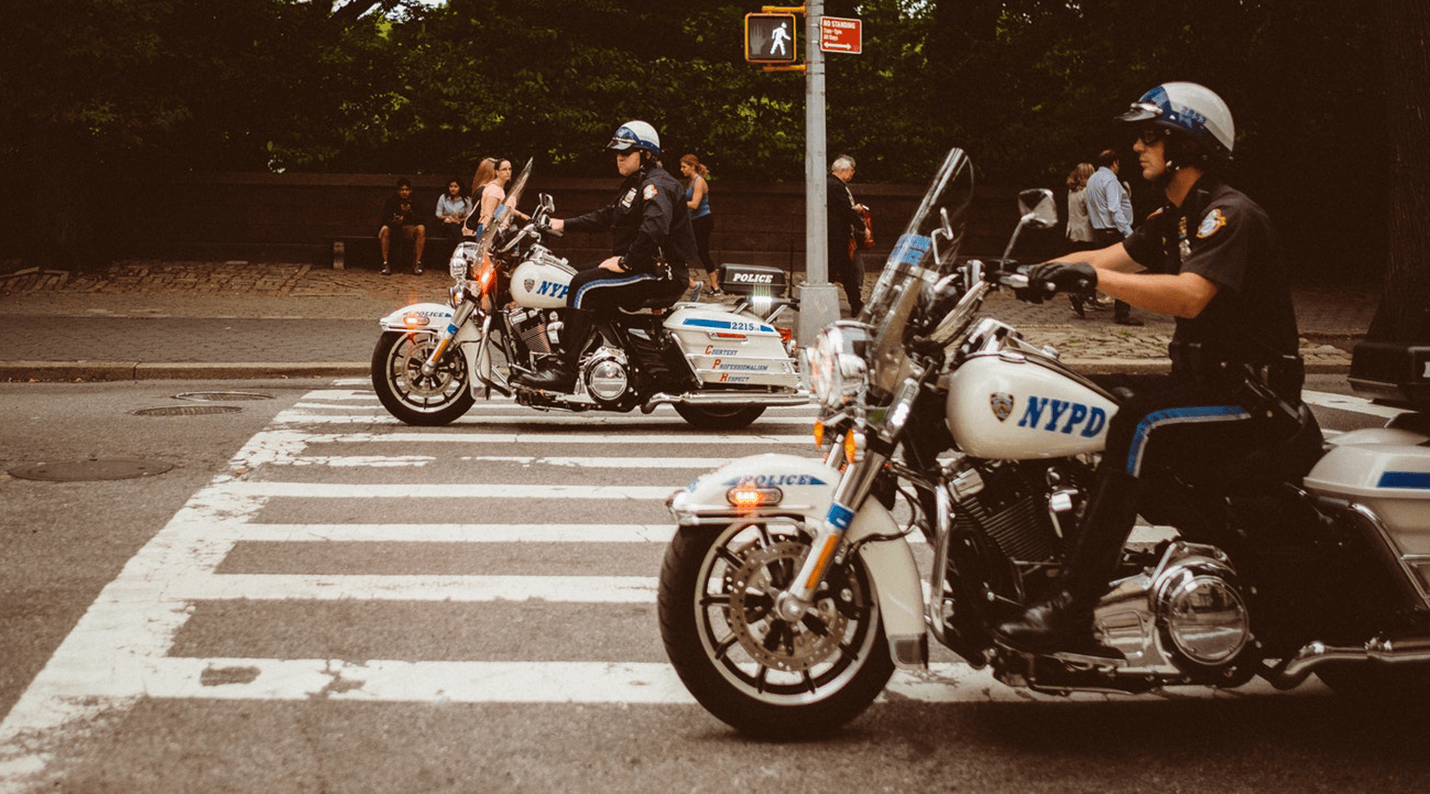The Beginning of Mothers' Day: Women's Voices Must Be Heard
On Mothers’ Day and the Louis D. Brown Walk for Peace, let’s remember how the first Mothers’ Day began. Rather than a day to give gifts to our mothers, the day calledl for women organize and speak out for peace and justice around the world.
Julia Ward Howe, who wrote "Battle Hymn of the Republic," first imagined a “Mothers Day.” Her call, in 1870, after witnessing the brutality and pain of the Civil War, was to urge women to act for peace. She wanted women to come together across national lines, to recognize what women hold in common above what divides them, and commit to finding peaceful resolutions to conflicts. As she wrote:
Our sons shall not be taken from us to unlearn
All that we have been able to teach them of charity, mercy and patience.
We, the women of one country,
Will be too tender of those of another country
To allow our sons to be trained to injure theirs."
If we want to truly celebrate and honor women, we would do well to draw on the sentiments that led to the establishment of such a day—that all women are valuable, that women on various sides of political issues or on various sides of a border have more in common than they hold in differences. Such sentiments are core to the success of the annual Walk for Peace, and sadly relevant as war rages in Ukraine.
Social Justice Saturday: Reparations and the Racial Wealth Gap
There are many perspectives on Reparations and what that means for ending the Racial Wealth Gap. Here is one definition to consider::
"So when I say we need to reimagine reparations, I don't mean transferring wealth from one group to another, something critics are quick to decry as fundamentally unfair and backward-looking.
I mean repairing American systems to eliminate the built-in racism that perpetuates injustices like the racial wealth gap, and in the process, making those systems work better for all of us."
From April 24, 2022 “We can solve the racial wealth gap.”
By Kimberly Atkins Stohr, writing in The Emancipator, a collaboration between the Boston Globe and the Center for Antiracist Research, Ibram X. Kendi, Director.
Monday Music: Joyful, Joyful
Monday Music: Gravity
Social Justice Saturday: A Poem for Earth Day
We have forgotten who we are
We have alienated ourselves from the unfolding of the cosmos
We have become estranged from the movements of the earth
We have turned our backs on the cycles of life.
We have forgotten who we are.
We have sought only our own security
We have exploited simply for our own ends
We have distorted our knowledge
We have abused our power.
We have forgotten who we are.
Now the land is barren
And the waters are poisoned
And the air is polluted.
We have forgotten who we are.
Now the forests are dying
And the creatures are disappearing
And humans are despairing.
We have forgotten who we are.
We ask forgiveness
We ask for the gift of remembering
We ask for the strength to change.
We have forgotten who we are.
U.N. Environmental Sabbath Program
· Despite the call in 1970 for an Environmental Sabbath, the idea did not develop until the United Nations Environment Program appropriated it in 1986, linking it with World Environment Day. Interreligious in its construction, the Environmental Sabbath is intended to be a time 'to contemplate our bond with nature' and to cultivate a more caring, knowing and responsible attitude toward our use of Earth's gift.
· A poem written in the '80's for this Environmental Sabbath speaks as deeply to us today as it did then.
Monday Music: Jesus is Love
Monday Music: Christ Arose (Low in the Grave He Lay)
Monday Music: Lead Us Back
Social Justice Saturday: Have You Met Edmonia Lewis?
The US Postal Service in January 1922 issued a forever stamp honoring Edmonia Lewis, the Black and Native American artist whose 19th century marble sculptures gained her international acclaim and are now held by the Smithsonian.
"As the first African American and Native American sculptor to earn international recognition, Edmonia Lewis challenged social barriers and assumptions about artists in mid-19th century America," the USPS said in a statement.
Lewis, born in 1844 in Greenbush, New York, to a Black father and Chippewa (Ojibwa) Native American, attended Oberlin College in Ohio and established herself as a professional artist in Boston, according to the Smithsonian.
She moved to Rome in 1865 and there began to work with marble, sculpting busts of prominent figures as well as biblical and ancient historical works. Her studio became a must-see attraction for American tourists, the USPS stated. She continued to live in Rome until her death in 1907.
The work she produced during her prolific career evokes the complexity of her social identity and reflects the passion and independence of her artistic vision," the USPS said. "
The stamp is the 45th in the USPS' Black Heritage series honoring individual Black Americans. Honorees in recent years include playwright August Wilson, PBS newscaster Gwen Ifilland dancer and actor Gregory Hines
Monday Music: I Must Tell Jesus
Monday Music: Forty Days and Forty Nights
Social Justice Saturday: Improving the Summons Process in NYC
An article on more equitable summons process in NYC:
“Imagine a 34-year-old single dad, Michael, who’s living in Queens, New York with his four-year-old daughter. One evening, he gets a ticket from the New York City Police for drinking an open beer outside his neighborhood bar. He receives a summons with the date and time of his court date, which is about three months away.,,”
Read the rest on BehavioralScientist.Com
Monday Music: I Want Jesus to Walk With Me
Suggested by Taking Faith Home
Monday Music Bonus - A Moonlight Night - The Most Beautiful Ukrainian Song
In honor of the brave people of Ukraine fighting for their freedom and facing terrible suffering
Two Ways to Help the Humanitarian Response In Ukraine
Episcopal Relief & Development is mobilizing with Anglican agencies and other partners in order to provide humanitarian assistance to people fleeing the violence in Ukraine.
Working through the Action by Churches Together Alliance (ACT Alliance), Episcopal Relief & Development will provide cash, blankets, hygiene supplies and other needed assistance.
“Ecumenical and orthodox faith networks are on the ground in the border areas of Poland and Hungary,” said Abagail Nelson, Executive Vice President, Episcopal Relief & Development. “We will continue to coordinate with these networks, in order to meet the needs of people who have been displaced.”
Please pray for all those affected. Donations to Episcopal Relief & Development’s International Disaster Response Fund will provide humanitarian assistance for the crisis in Ukraine.
World Central Kitchen is donating thousands of fresh meals to Ukrainians - both those fleeing their country and staying. Help us provide fresh meals to communities in need.
On February 24, Russia launched a large-scale attack on neighboring Ukraine, invading the country on several fronts. As a result, hundreds of thousands of Ukrainian families are fleeing their homes in search of safety. Working at a 24-hour pedestrian border crossing in southern Poland, WCK began serving hot, nourishing meals immediately. Now, we've expanded our efforts to serve accommodation centers in Poland as well as in Romania, Moldova, and other locations supporting refugees. WCK is also partnering with restaurants inside of Ukraine to get hot meals to anyone in need.
WCK has provided tens of millions of fresh, nourishing meals for communities around the world. Your donation today will be used to support our emergency food relief efforts.
World Central Kitchen does not rent, share, or sell any donor contact information (address, phone, email) with third-party organizations.
Monday Music: Prayer Is the Soul's Sincere Desire
Social Justice Saturdays - Remembering Dr. Paul Farmer
The amount of lives saved by the work of Dr. Paul Farmer, a person who dedicated his life to the goal of health equity, is incalculable. Below are just a few short clips of this, one of the founders of Partners in Health. Dr. Farmer passed away on February 21.
“Do we see [human disparity] as a human predicament--an inescapable result of frailty of our existence? That would be correct had these sufferings been really inescapable, but they are far from that. Preventable diseases can indeed be prevented, curable ailments can certainly be cured, and controllable maladies call out for control. Rather than lamenting the adversity of nature, we have to look for a better comprehension of the social cuases of horror and also of our tolerance of societal abominations.”
― Paul Farmer, Pathologies of Power: Health, Human Rights and the New War on the Poor




